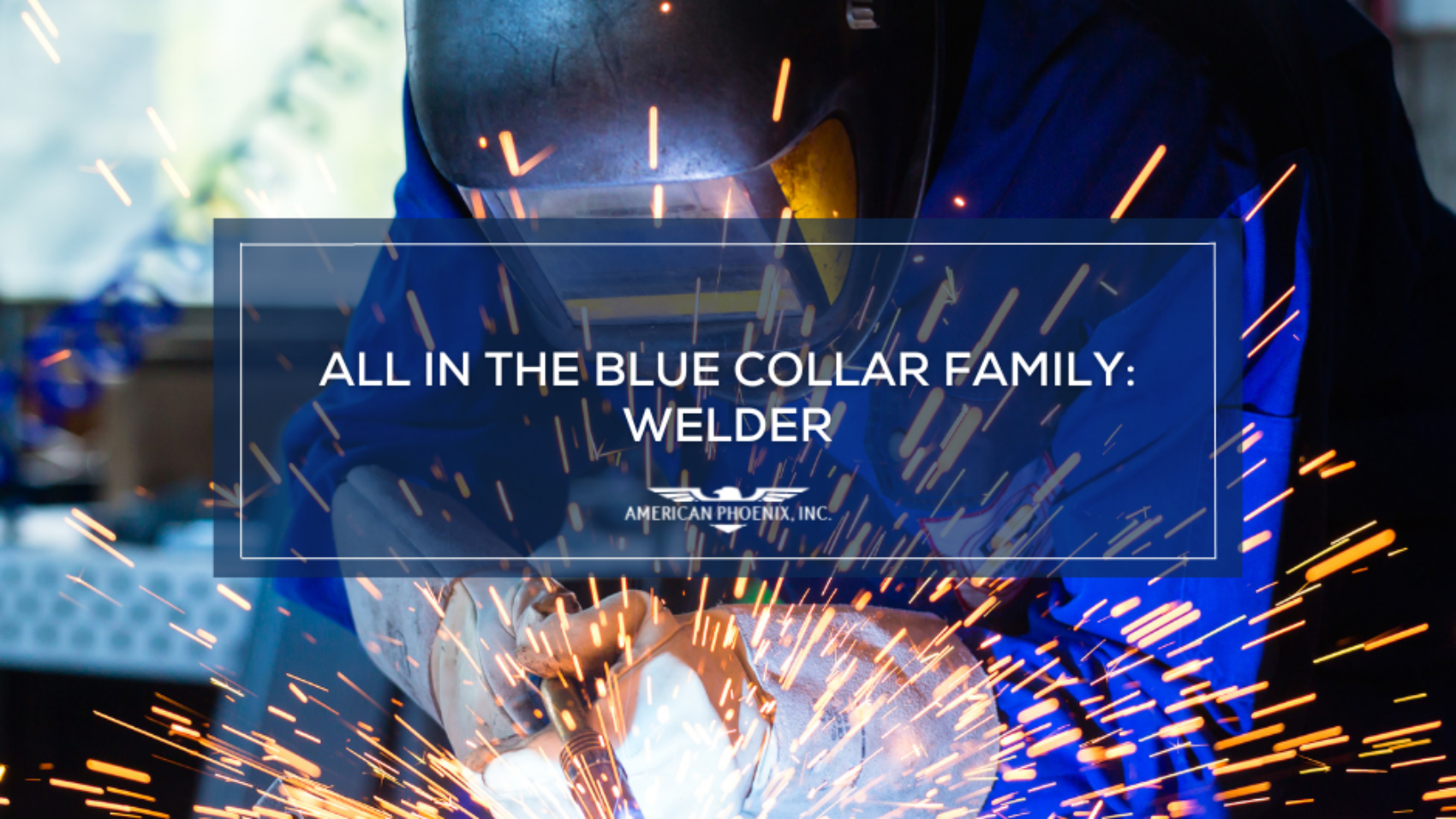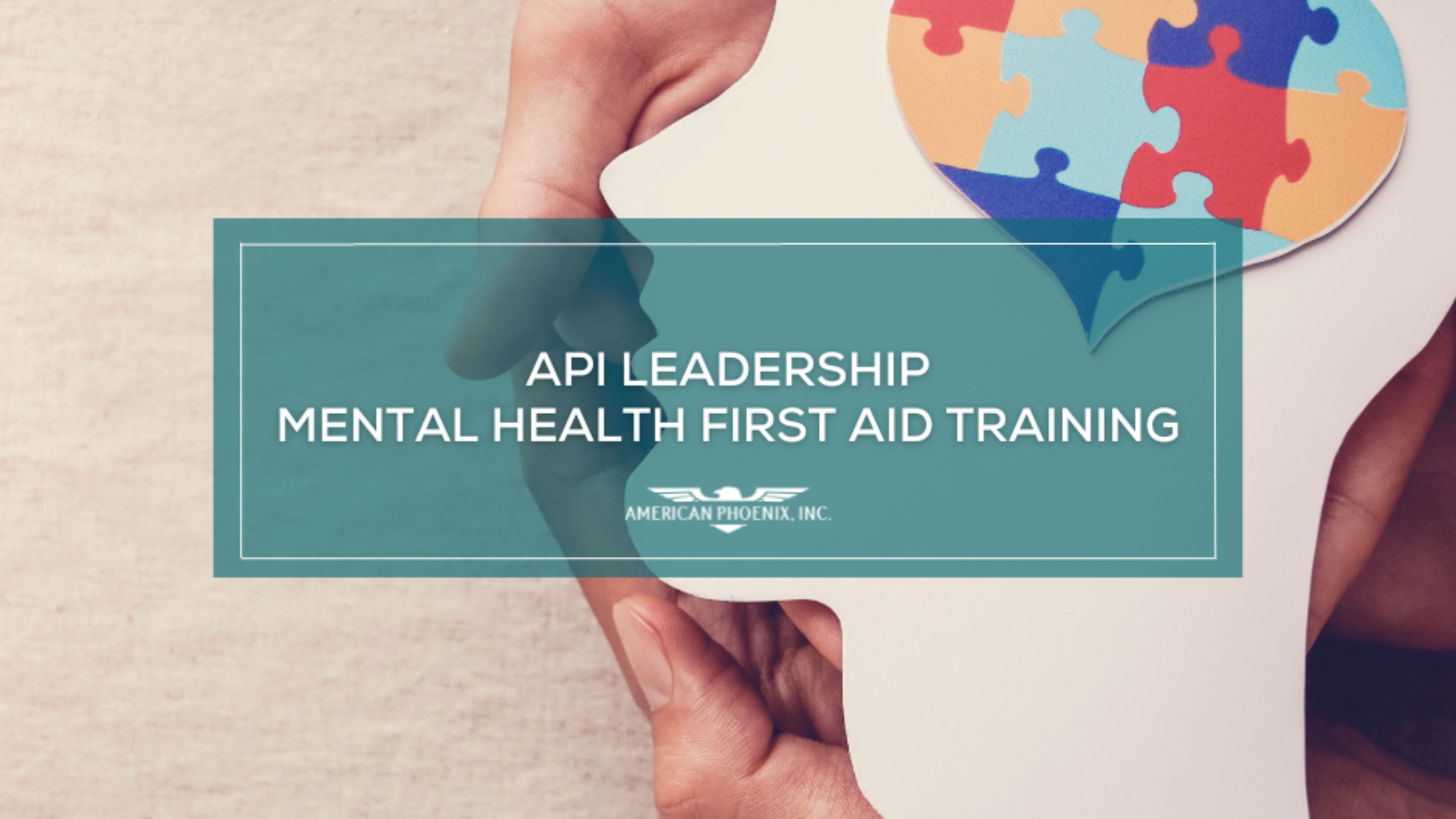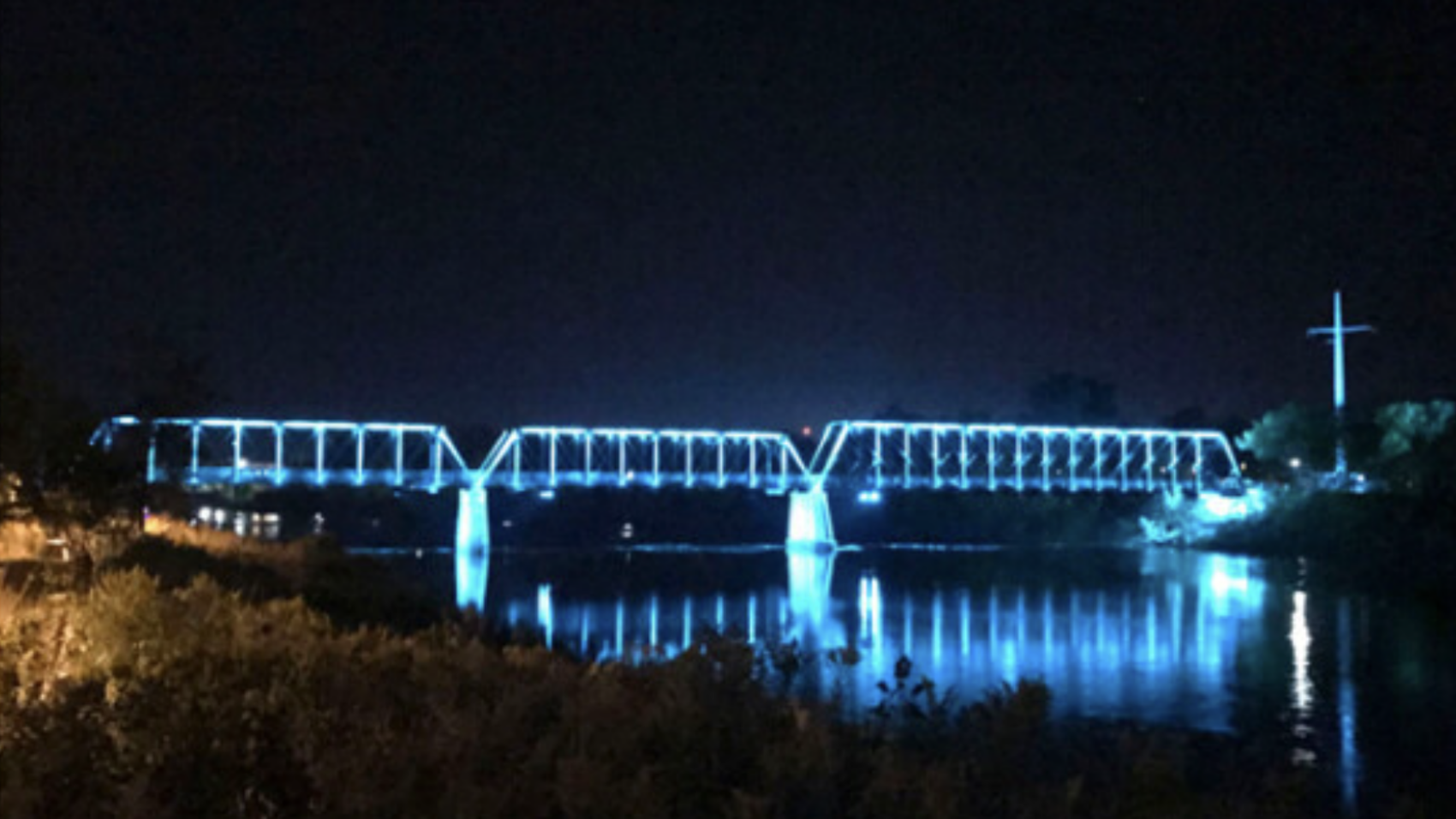Welders, the architects of metal fusion, are indispensable to the modern world. They wield their skills to forge connections that support our daily lives, crafting everything from towering skyscrapers to intricate art pieces. Often perceived as a modern marvel, welding carries a history nearly as old as human civilization itself.
Welding is an ancient craft with a modern twist that plays a vital role in shaping our world. It’s more than just melting metals together – the alchemy that bonds structures, pipelines, and bridges. Here’s a look into the rich history of welding, how it works, and the indispensable role of welders in society.
History of Welding
Welding, in some form, dates back to about 3000 BC, when ancient Egyptians and Greeks used bronze to create boxes, jewelry, utensils, and weapons via pressure welding. By around 1500 BC, iron smelting became more common, and people in the Middle East began making swords and other tools using heat. Over the next several millennia, metals such as copper, silver, and gold also became popular. Then, in the Middle Ages, blacksmiths entered the scene and introduced a hammering method for forging iron tools.
Modern welding as we know it started taking shape in the 19th century with discoveries such as the ability to produce an arc between two carbon electrodes by Sir Humphry Davy and the hydrocarbon gas acetylene by his cousin, Edmund Davy. In 1881, Russian inventor Nikolai Benardos combined these findings and patented the arc welding process, marking a significant turning point in welding history. Today, there are over 100 welding processes, with more being constantly developed to fit the needs of various projects.
The Role of Welders
Welders are crucial when it comes to construction, infrastructure, and manufacturing. Their primary role is to permanently join metals, creating structures ranging from skyscrapers to pipelines to delicate art pieces. They ensure the strength and integrity of these structures, making the world around us safe and functional.
While there are many welding methods, they nearly all require the same three basic components: an electrical device that produces an arc, a protective shield, and filler material. The process involves generating intense heat to melt the edges of two metal pieces and allowing them to fuse when they cool. Precision and expertise are essential, as welders must meet specific standards and codes to guarantee the safety and quality of their work.
Welding in Various Industries
Welders are undoubtedly the backbone of numerous industries. Here are just a few:
- Construction: Residential and office buildings like apartments and skyscrapers, as well as other structures like bridges and tunnels, rely on welders to join steel beams, trusses, columns, and other elements to form solid foundations.
- Manufacturing: Welders create machinery, vehicles, and other equipment critical to producing goods.
- Infrastructure: Gas and oil pipelines, railways, and power plants depend on welders for maintenance and expansion.
- Automotive: Between assembly and repairs, vehicles such as cars, trucks, and motorbikes require thousands of welds to ensure they are put together properly and securely.
- Aerospace: Skilled welders are vital to building safe and operational aircraft, such as airplanes and helicopters, and spacecraft, such as rockets and satellites.
- Art: Welding can be a medium for artists to express their creativity and craftsmanship; metalwork is often used to create impressive sculptures.
Becoming a Welder
The path to becoming a skilled welder often involves:
- Education: At a basic level, most welding jobs require an associate’s degree from an accredited school. Many vocational schools and community colleges offer welding programs that cover techniques, metallurgy, safety procedures, blueprint reading, and other useful skills.
- Apprenticeships: Some aspiring welders choose apprenticeships, learning on the job under the guidance of experienced mentors.
- Certifications: Achieving industry-recognized certifications, such as those offered by the American Welding Society (AWS), can enhance career prospects.
- Experience: Gaining hands-on experience and developing a portfolio of work is crucial for advancement in the field.
- Continuous Learning: Welders must stay updated with evolving technologies and techniques to remain competitive in the job market.
Welders are modern-day alchemists, shaping our world through their craft, and their work bridges gaps, connects communities, and supports industries. In a world defined by progress and innovation, welders emerge as architects of connectivity, forging the future with sparks of skill and artistry.
If you enjoyed this article, you may also enjoy The Beauty Behind Blue Collar Work.
For more articles From the Plant, check out our blog.



